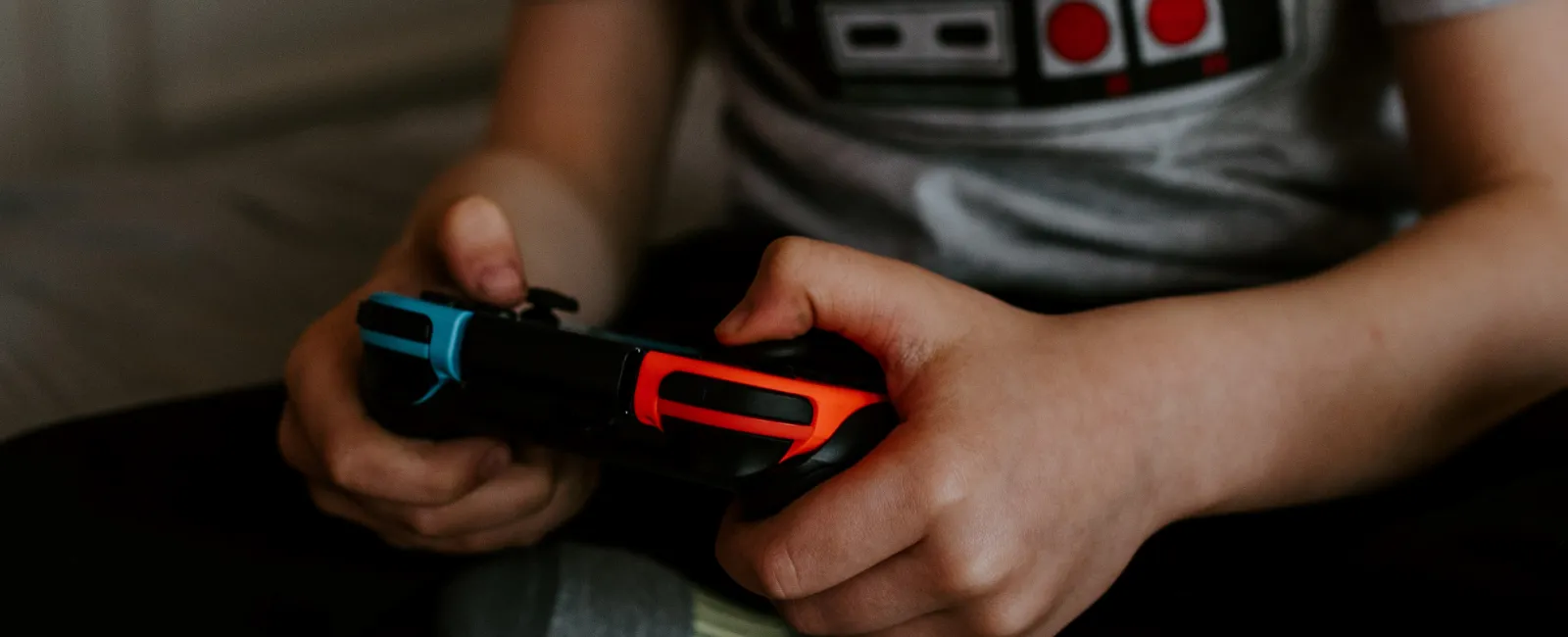Online toxicity is increasingly taking a central focus when
it comes to our children's mental health. This month, we will explore the often
toxic world that our children are immersed in online and offer some action
steps for parents. Today, we are focusing on the world of online gaming.
During COVID, more and more (younger and younger) children
have gravitated to online gaming as a source of entertainment and to connect
with real life friends. But just like in real life, and everywhere else online,
danger lurks in the games.
Many parents indicate that their children experience a
change in demeanor if they spend too much time playing online games. Often they'll
be prone to angry outbursts toward family members, general crabbiness and a
negative attitude. Could it be a result of the environment in their game? Absolutely!
Let's talk a little bit about the positive attributes of
online gaming before we go negative. Online games can improve players' spatial-relational
and problem-solving skills. Some games can be attributed to increasing children's
desire to pursue STEM fields for their education and profession. Online games
allow kids to connect remotely with friends and play together even across wide
geographies. Online games can spark curiosity in children and many games are
really fun and entertaining.
But there is a darker side to the world of online gaming. As
we've mentioned in previous posts and blogs, sexual predators love to play
online games, it's a great way for them to connect with an enormous pool of
potential victims. Predators are a big danger, but not the only danger. The mean
and cruel behaviors children often experience (or perpetrate) in real life occur
exponentially in online gaming. Bullying is rampant. Whether it's verbal
assaults during the game, or exclusion from team play, griefing, kids
are bullied constantly. The anonymity offered players emboldens some to behave
in ways that they would never behave in real life. Female players often experience
sexual harassment; hate speech and threats of violence are routine occurrences,
as are doxing and flaming. Parents
should also keep in mind that MMO and MMORPG games (including Fortnite, Minecraft, Roblox, etc.) can put young children in virtual social settings with thousands of players of
all ages. How often does your child have real-life play dates with 26-year-olds?
How can parents combat the drag on their child's psyche from
online gaming? Set firm time limits and stick to them. Make mental notes of
your child's "breaking point" when you notice the change in demeanor after they've
been gaming for a certain period of time. Younger children should play games
where they can only play in closed groups with trusted friends. All children
should be closely monitored when they are gaming online. Instead of wearing
headphones, have your child play with the sound coming through the speakers
where you can hear what's happening. Know the game ratings and know the
contents of the games your child is playing (we recommend Common Sense Media as
a great place to learn about the games). Be clear with others about your child's
gaming rules; this is especially important if your child goes to a friend's
house to play.
For many children, online gaming is a huge part of their
life. Treat it that way. In the same way you would be sitting in the bleachers
during your child's ball game, you should be taking time to learn about the online
games they're playing and take an interest.
Revved Up Kids helps kids stay safer in their online worlds by offering our Protected While Connected virtual training series. Learn more and sign up today!
Revved Up Kids has trained tens of thousands of children to recognize dangerous people, avoid unsafe situations, and escape attackers. Our training programs are available for boys and girls in K-12th grade, for parents, and for youth serving organizations. Contact us to discuss protecting the children you love from predators and violence, 678.526.3335.

